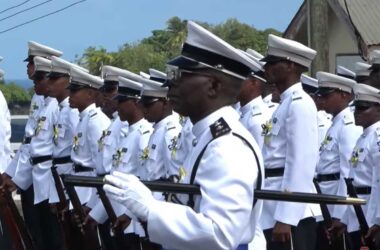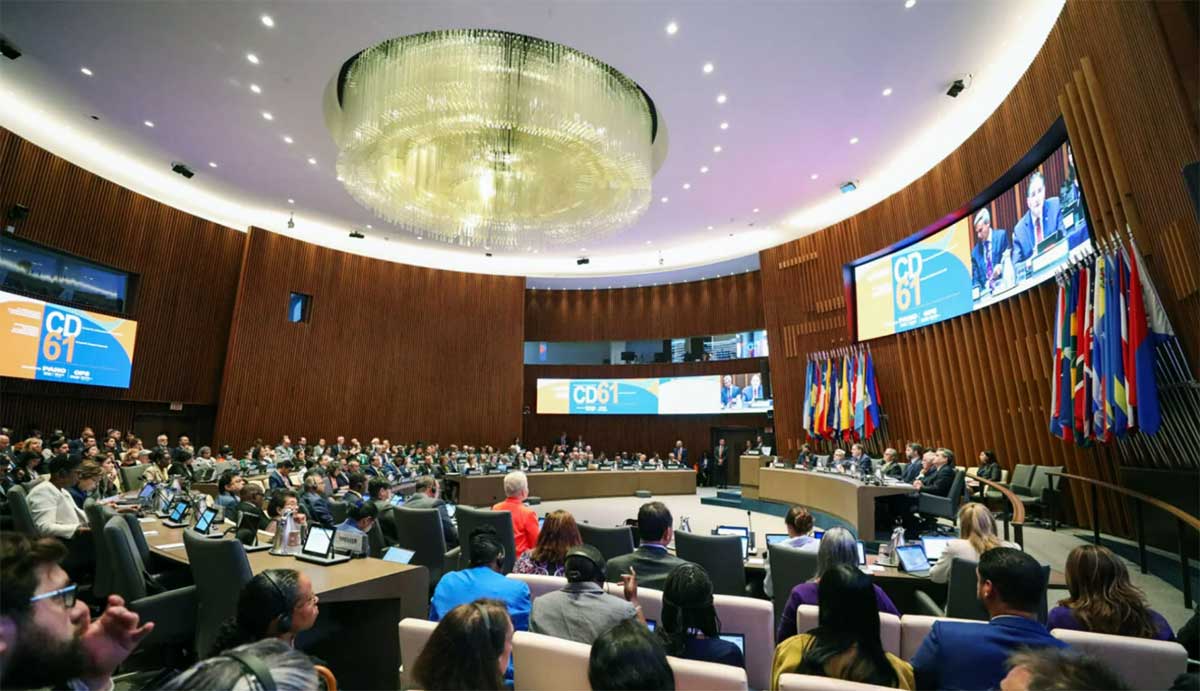
At the opening of the 61st Directing Council of the Pan American Health Organization (PAHO), Dr. Jarbas Barbosa, PAHO Director, reflected on continued efforts towards restoring services following the COVID-19 pandemic, and committed to strengthening emergency and pandemic preparedness in the region.
The Director underscored that this November marks the 100th anniversary of the Pan American Sanitary Code, which set out to prevent the spread of communicable diseases, encourage information sharing among countries, and standardize health approaches to prevent disease transmission across borders.
And with World Health Organization (WHO) Member States now finalizing the negotiations of a new Pandemic Accord, “one-hundred years later, these themes still resonate,” Dr. Barbosa said.
“The COVID-19 pandemic revealed Latin America and the Caribbean’s structural dependence on imported vaccines and other health technologies, geographic concentration in innovation and production capacities, and vulnerable global supply chains,” the Director added.
To ensure the health interests of the region are taken into account in the Pandemic Accord, PAHO has convened four face-to-face regional meetings to enable Member States of the Americas to better understand the national and regional implications and to agree on key issues.
The PAHO Director also underscored the Organization’s Innovation and Regional Production Platform of Medicines and Health technologies, “which will work in hand with our Regional Revolving Funds to promote the generation of regional ecosystems and initiatives to strengthen capacities for innovation, development, and production of health technologies.”
As part of this, PAHO is currently in negotiations with Pfizer to localize and provide early access to one of the most advanced vaccines in Pfizer’s pipeline. This initiative “would be a concrete example of PAHO’s efforts to leverage the Revolving Fund to strengthen the regional production of vaccines and build capacity to foster and develop pandemic preparedness in the Region,” Dr. Barbosa said.
When it comes to pandemic recovery, the PAHO Director highlighted several areas of progress in the Region, including a halt in the decline of routine vaccination coverage, the relaunch of the Elimination Initiative – an effort to eliminate more than thirty communicable diseases and related conditions in the Americas by 2030 – and collaborations with the Inter-American Development Bank (IDB) on digital health, among others.
To further this recovery, the Director highlighted several policies that will be discussed at the Directing Council over the next week, including the Strategy and Plan of Action to Decrease the Burden of Sepsis; the Policy for Strengthening Equity-Oriented Health Sector Action on Climate Change and Health; the Plan of Action for Strengthening Information Systems for Health; the Strategy and Plan of Action to Strengthen Tobacco Control in the Region of the Americas; and the Strategy on Epidemic Intelligence for Strengthening Early Warning of Health Emergencies.
At the core of these initiatives is primary care: the backbone of every health system, Dr. Barbosa said.
“Primary care is an instrument for equity, our first line of defense against outbreaks, our best investment in improving health indicators.”
During his remarks, Dr. Barbosa also expressed his solidarity with the people of the countries affected by Hurricane Beryl in July and underscored that the Organization “will continue to stand with you to restore services, build resilient health systems, and protect the health of your communities.”
Concluding his speech, the PAHO Director said that “we have the opportunity to change the lives of millions of people. I pledge to use the full strength of our Organization to achieve the goals and commitments we have made today.”
“This strength comes from every Member State, from every professional on our team, from every partner. Together we share a great ambition that drives us forward: the ambition to improve the health of all people in the Americas.”



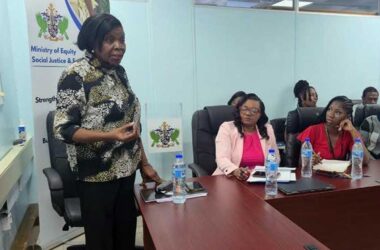

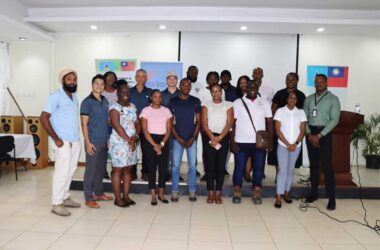
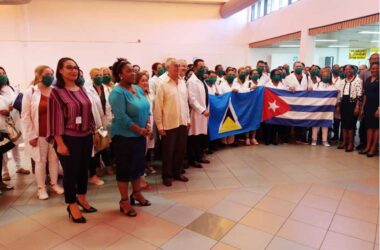
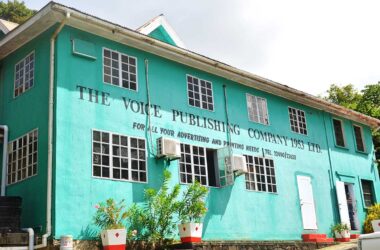
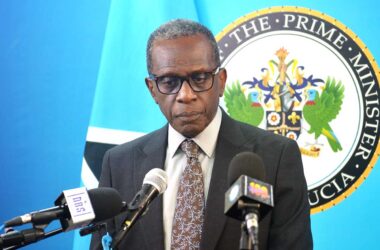
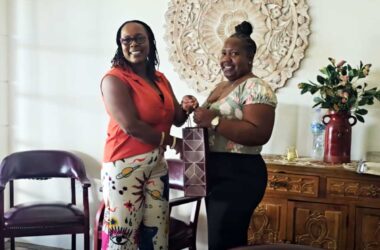
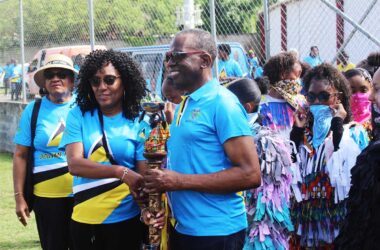

![Amy Stephen [Photo credit: Community Tourism Agency]](https://thevoiceslu.com/wp-content/uploads/2026/01/Amy-Stephen-feat-380x250.jpg)
